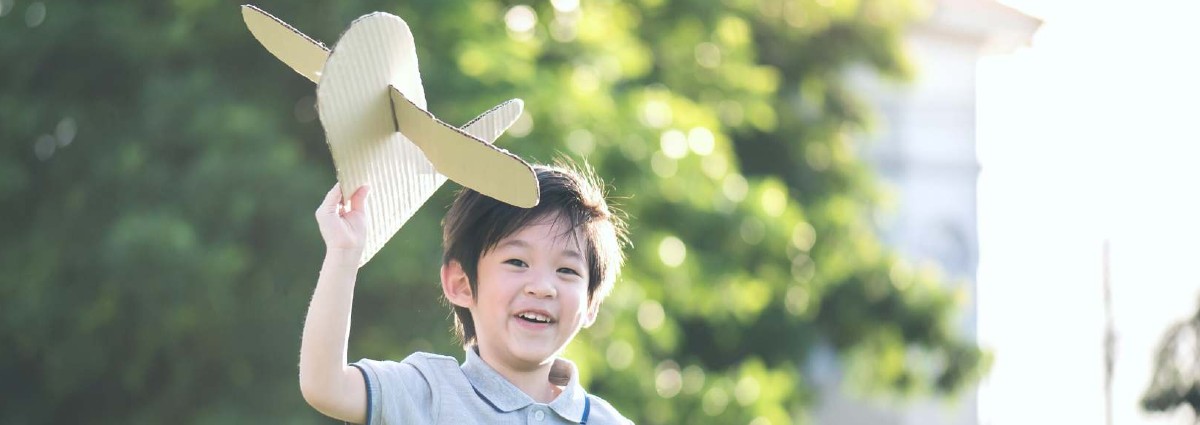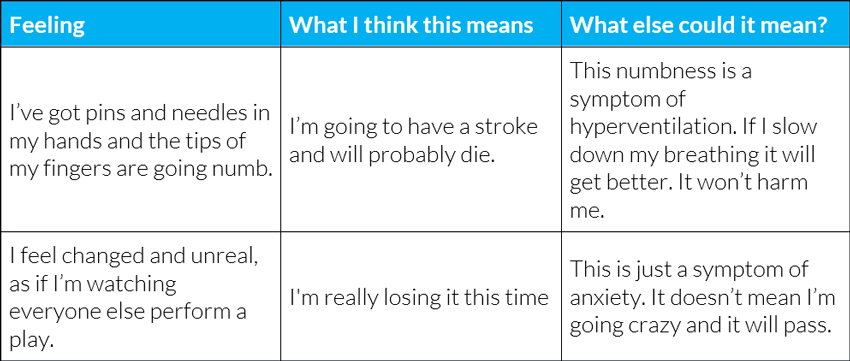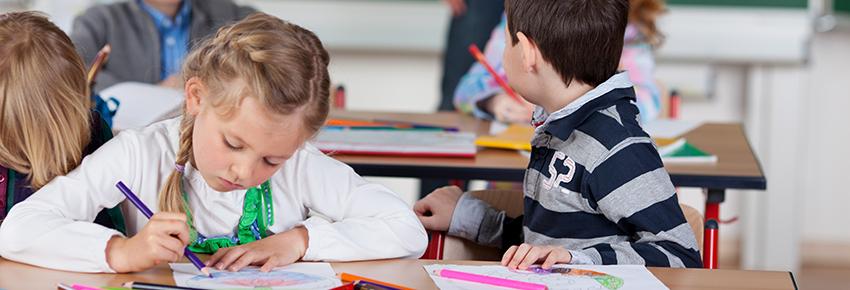Anxiety disorder assessments: what to expect from your child’s appointment

With over 13 % of 16 year olds having an anxiety disorder and prevalence rates on the increase, in this blog Dr Sabina Dosani – Child and Adolescent Psychiatrist explains what to expect for your child or teenager if you come for an assessment with a Psychiatrist. She also discusses some practical tips for helping your child and how they can manage a panic attack.
It’s okay to feel nervous!
I work with families daily who are understandably nervous about what to expect from their appointment with a Psychiatrist. We might all be used to going to the GP, but many people have not needed to see a Psychiatrist. You and your child may not know what to expect, and in this blog I hope to be able to answer some of your questions.
Understanding your child’s symptoms of anxiety
You and your child will be asked many questions, and we may go into quite some depth. That’s because to be able to get a clear diagnosis, we need to understand some of the complex issues around your child’s symptoms. You may have been asked to complete some questionnaires before attending the appointment as well – these are used to understand in more detail what your child is experiencing.
When I do assessments, it is helpful for me to think about the physical and psychological symptoms of anxiety separately. This is known as making a systemic enquiry when we ask about:
- Physical symptoms, like headaches, breathlessness, butterflies, feeling sick or stomach aches
- Psychological symptoms like the sense of fear, worry, wanting to run away, a feeling of ‘going crazy’
Looking at all of your child’s life
When diagnosing anxiety disorders in children, it often helps to have information from schools and you and your child. This helps us both confirm the presence of any disorder and establish the current level of severity and gauge how much it gets in the way of learning and friendships. It will also help us to identify appropriate interventions.

What questions are asked in a Psychiatric assessment?
- When do you feel worried?
- Do you feel worried for days at a time?
- Does the worry get in the way of school work, home life or friendships?
- Have you been feeling more restless than usual?
- Have you been more tired recently?
- Can you concentrate on your homework?
- How has your sleep been?
- Is there anything, in particular, you are scared of?
- Are there unusual or unpleasant things that you think about a lot?
- Have you any new pains like headaches or tummy aches?
We divide symptoms under these headings, even though they are experienced together, as several physical disorders may mimic an anxiety disorder. Psychiatrists are looking for signs of things like complex partial seizure disorder, substance misuse and withdrawal. These might sound scary, but the role of the Psychiatric assessment appointment it to make sure the right diagnosis is given and that there are no other reasons for the symptoms.
Anxiety as a comorbidity
We know that anxiety is often experienced by children and teenagers along with something else – in medicine this is called ‘comorbidity’.
In medicine, comorbidity is the presence of one or more additional diseases or disorders co-occurring with a primary disease or disorder.
Anxiety can be either the primary (i.e. the main disorder) or the secondary disorder, and an important part of the psychiatric assessment is looking for any other illnesses/disorders that your child may be experiencing. It can affect how we think about treatment and the options that are right for our child and family.
Looking at the whole picture of the child’s life, their early experiences, and how things have changed are all part of formulating the diagnosis.

These are the sorts of questions young people ask me about anxiety:
Q. What causes anxiety?
A. Anxiety is caused when your primaeval fight or flight mechanism gets activated. We think this evolved long ago when we lived in caves and had to fight or flee when confronted by a sabre tooth tiger. It kicks in when you feel under threat.
We haven’t evolved out of anxiety as, at low levels, increased anxiety leads to better performances. Those pre-exam nerves help you do better than you would without them. Low level stress is essential for survival, enabling you to produce work to high standards. But adding extra stress when you’ve already reached your peak can have catastrophic results. Typically, tiredness is the first sign. Exhaustion and illness follow if the stress continues unchecked.
Q. What can I do when I have a panic attack?
A. Panic attacks last about ten minutes, but when you’re having one, it can feel a lot longer. The first thing to remember is that all of these strange symptoms are completely harmless. They can’t make you have a heart attack or stroke; you’re not going crazy. They all happen because your body has had a false alarm, kicking you into sabre-tooth tiger-fighting mode. Panic attacks are a case of right feelings but wrong place, wrong time. Breathing deeply and slowly counteracts the effects of this fight or flight reaction. It calms your nervous system and helps you return to feeling calm again.
Panic attacks feel dreadful because your mind misinterprets your body's signals. Tell yourself those palpitations, and rapid, shallow breaths are your body’s way of preparing you to fight the tiger.
When you feel calm again, a good way to cope with future anxiety is to take a scientific approach. This is the sort of thing I mean.
List all your feelings during a panic attack and what they mean. Next do some research into anxiety and find out what’s going on. Draw up a table like this one and keep it in your bag or pocket. Next time you feel anxious, get it out to remind yourself of what’s going on.

Parents often ask, ‘what can we do to help our child with anxiety?’
Seek help from mental health professionals trained in working with young people, offer evidence-based therapies such as cognitive behaviour therapy and use medication judiciously.
Our behaviour and emotions influence children as parents, and a big part of helping anxious children is demonstrating good coping mechanisms. Anxiety often runs in families, and having a child with an anxiety disorder can be anxiety provoking, so this might be hard. Some parents may need treatment for anxiety by a specialist clinician skilled in working with adults. You might want to consider family therapy which can be helpful for the whole family as we are all affected when someone in the family is experiencing something like an anxiety disorder.
Dr Sabina Dosani
Consultant Child & Adolescent Psychiatrist
Dr Sabina Dosani is a highly experienced Consultant Psychiatrist currently working for the Anna Freud Centre looking after Children and Adolescents. She has a Bachelor of Medicine and Bachelor of Surgery as well as being a member of the Royal College of Psychiatrists. Dr Dosani also has a certificate in Systemic Practice (Family Therapy).
Related content
Does your child have anxiety? Here are our top tips for parents
Anxiety in children – when should you seek help?
How can I help my child with stress and when should I seek professional help?

